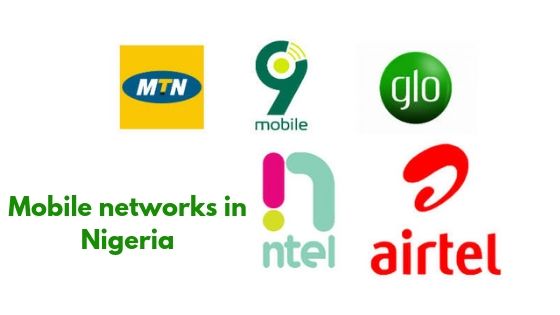Nigeria and other African governments that did not take issues of gathering, processing and disseminating development statistics serious will continue to fall prey to unreliable data presented by the western world on Africa’s development.
This was the summary of the recent experience of leading banker and chairman of United Bank for Africa (UBA), Mr. Tony Elumelu during an interactive session with global business development experts at the Charhan House in London.
Elumelu said economic development information presented about Africa by the outside world is neither holistic nor properly contextualized, “and has led to the kind of narrative that we have had for so long on Africa which has been discouraging foreign direct investments”.
According to Elumelu, the developed world base their rating of African economies on data they generated from not so credible sources and use same to conclude issues in Africa without recourse to data generated, processed and presented by African nations.
Elumelu’s observation seems to have come to play when the latest statistics on Nigeria’s telecoms industry by the CB Insights, a New-York based research outfit, is put on the table side-by-side with data processed by the National Bureau of Statistics (NBC).
The group said upon several tours by Silicon Valley heavyweights to countries like Nigeria, Kenya, South Africa, and even several presentations at international Expos, not much had been gained by Nigeria.
Whereas the CB Insights report claimed in its latest report on traffic in technology and allied investment to Nigeria, has remained below 5 per cent and only5 percent of the world’s venture capital deals since 2012 has been attracted, reports by the NBS quoted by the Nigerian Communications Commission (NCC) said otherwise.
According to NBS, ICT contributions to the economy which translate to telecoms contribution to GDP moved from $18 billion in private sector investments, including FDI in 2009, to $30 billion in 2014, to $32 billion in July 2015, and currently to N1.58 trillion as at June 2016.
The figures clearly represent an increase of 1.0 per cent, relative to the first quarter in 2016.
The Executive Vice Chairman of Nigerian Communications Commission (NCC), Prof Umar Danbatta had quoted the NBS, as saying: “This is the largest contribution to GDP made from the telecoms sector in the rebased period, which emphasizes that growth in telecommunications has remained robust when compared to total GDP.”
Explaining more during the recent courtesy visit of the head of the Liberian telecoms regulatory agency, Madam Angelique Weeks, NCC boss revealed that based on data available to NCC, the Nigerian telecoms sector pumped in over N1.5 trillion to the economy within the second quarter which may have quickened the early exit of the economy from recession.
NCC statistics show that since 2001 when the first GSM licences were issued, telecommunications operators have continued to invest in telecoms infrastructure.









